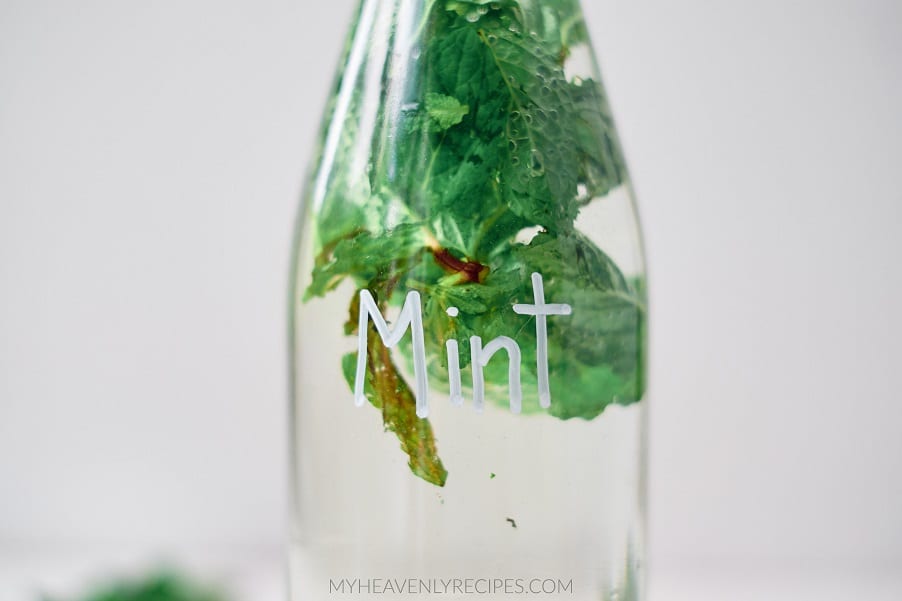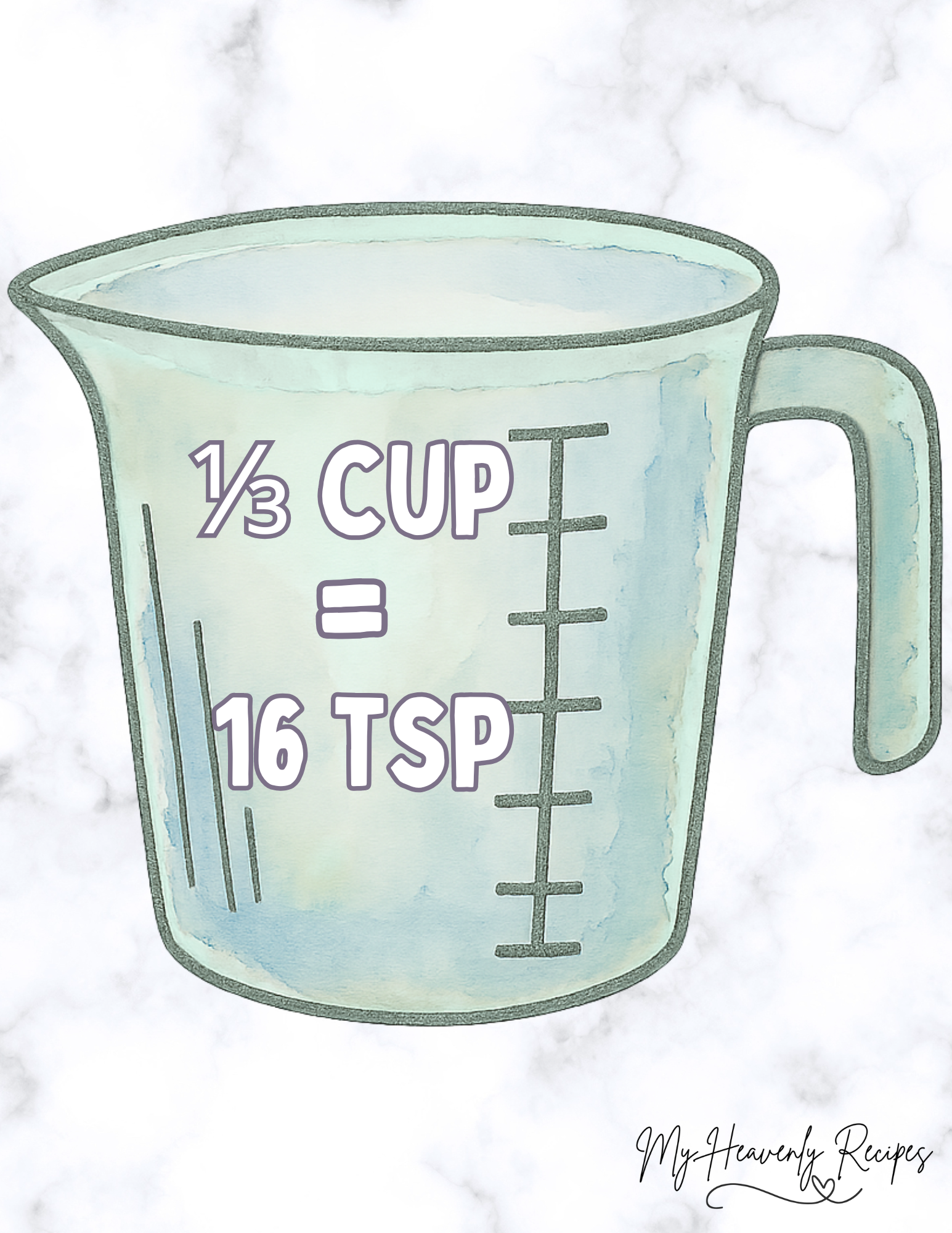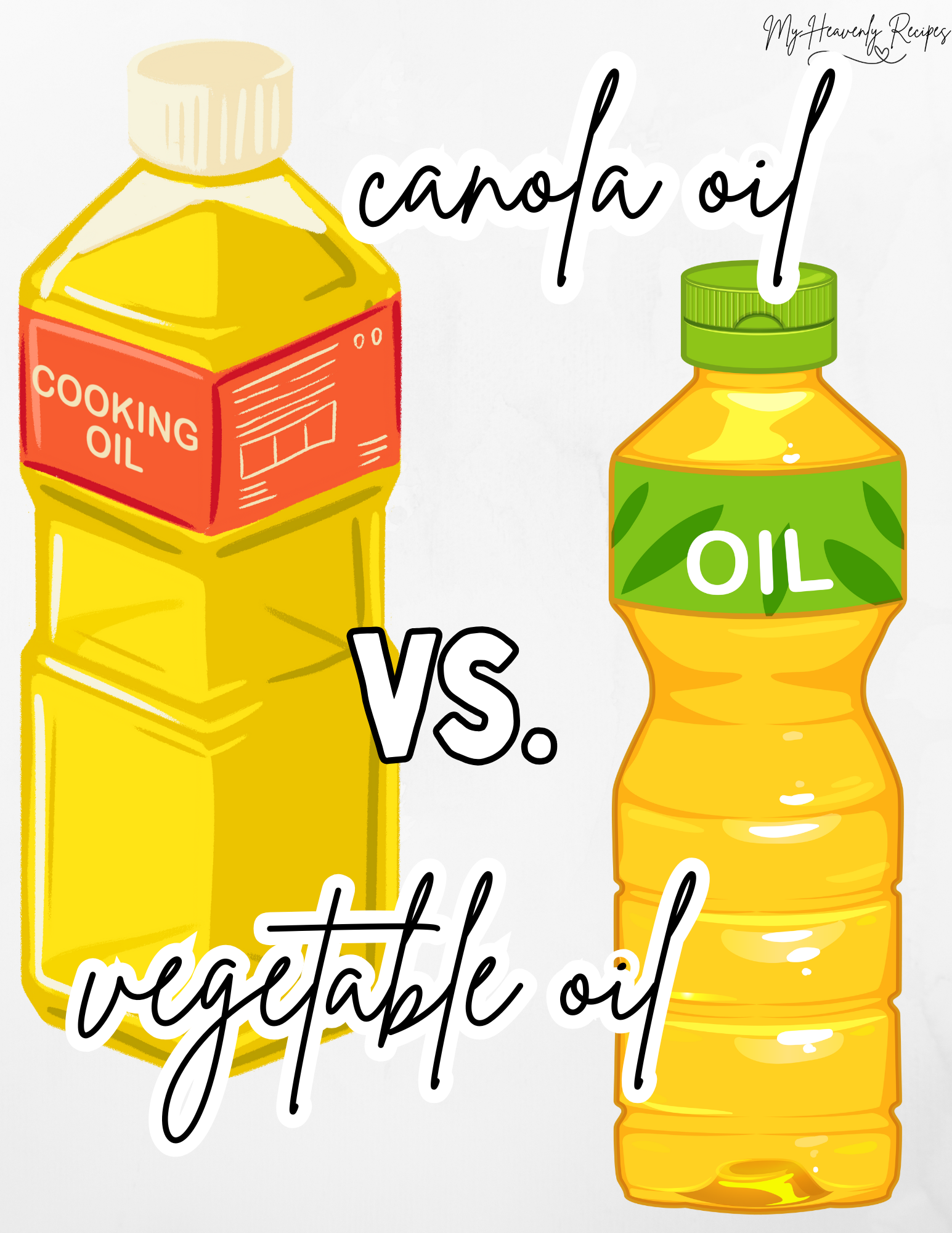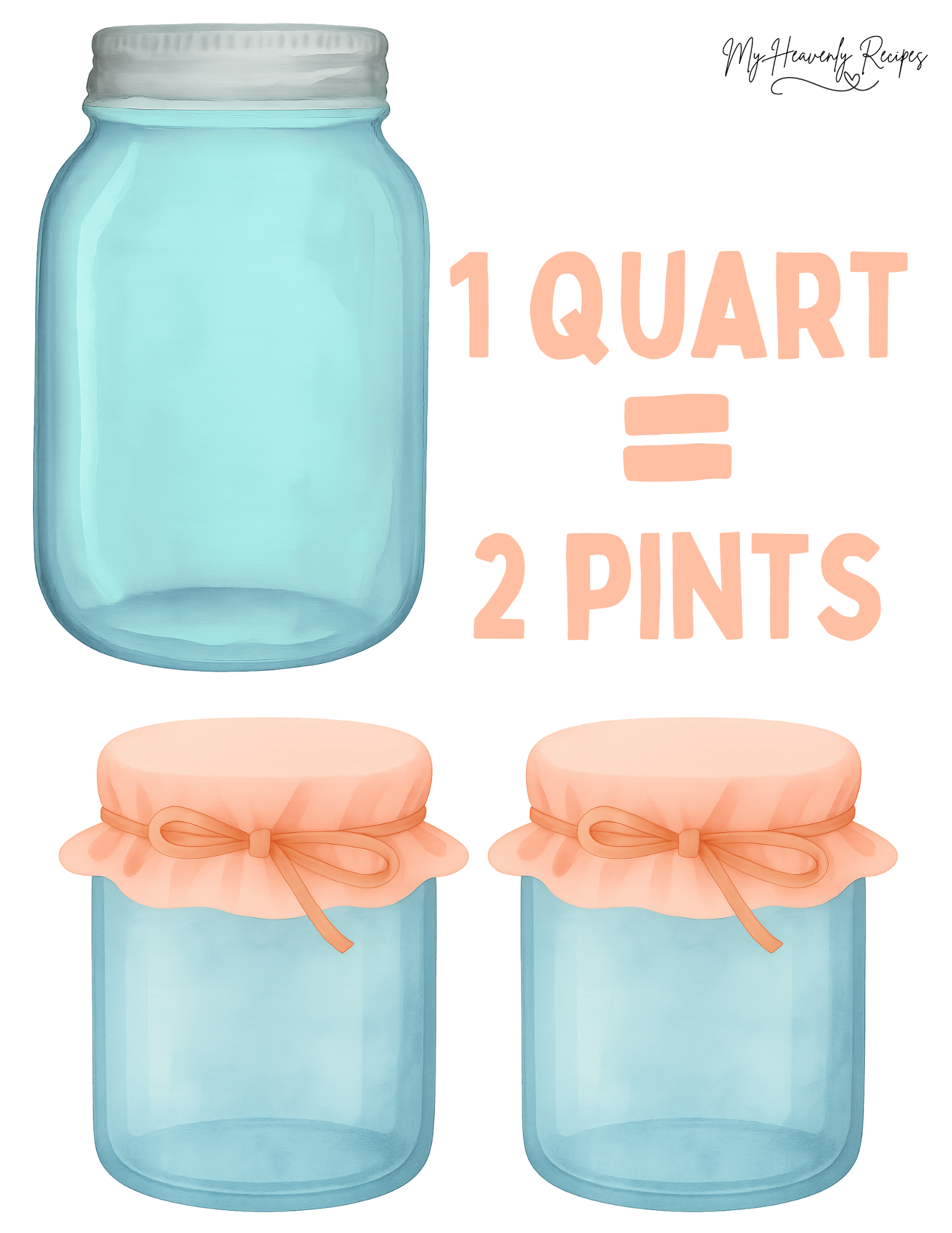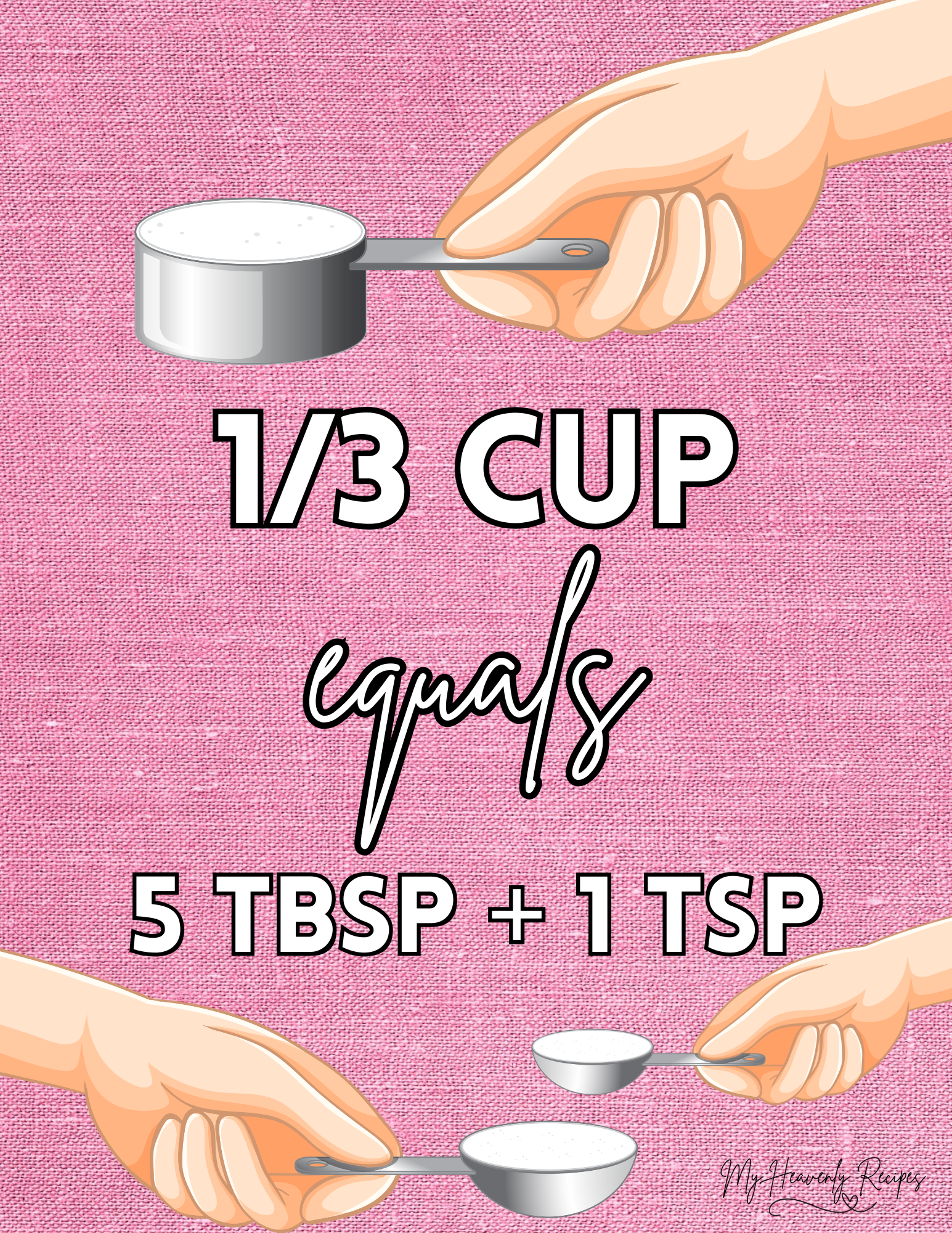Coconut Sugar Substitute for Sugar
How to Substitute White Sugar with Coconut Sugar
If you’ve wandered into the sweetener section of a grocery store lately, you’ve probably seen coconut sugar sitting there looking all earthy and natural next to the bright white bags of regular sugar. And maybe you’ve wondered:
“Is this stuff actually a good replacement for regular sugar? And does it taste like coconut?”
Let’s break it all down! Whether you’re trying to cut down on refined sugars, add a little more depth to your baking, or just experiment with new ingredients, coconut sugar is a great one to have in your pantry.
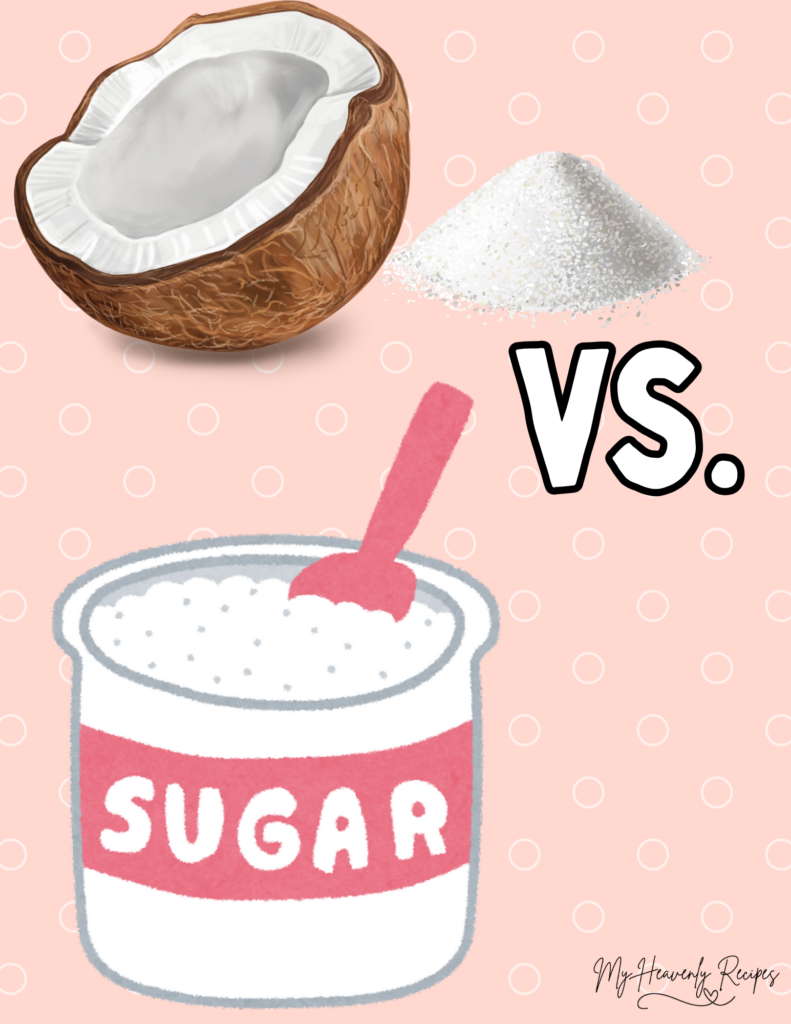
What is Coconut Sugar?
Coconut sugar (also called coconut palm sugar) is made from the sap of coconut palm tree flower buds—not from coconuts themselves. So no, it doesn’t taste like coconut at all!
It has a rich, caramel-like flavor, kind of similar to brown sugar, and a subtle hint of toffee. It’s minimally processed and retains some minerals like potassium, iron, and zinc, though the amounts are small.
Substituting Coconut Sugar for Regular Sugar
Good news! You can usually swap coconut sugar 1:1 for white or brown sugar in most recipes. That means if a recipe calls for 1 cup of sugar, just use 1 cup of coconut sugar instead.
But there are a few things to keep in mind…
Substitution Chart
| If a recipe calls for… | Use this much Coconut Sugar |
|---|---|
| 1 cup white sugar | 1 cup coconut sugar |
| 1 cup brown sugar | 1 cup coconut sugar |
| ½ cup white sugar | ½ cup coconut sugar |
| ¼ cup white sugar | ¼ cup coconut sugar |
Easy, right?
Cane Sugar Vs Coconut Sugar
Cane sugar and coconut sugar might both sweeten your coffee or cookies, but they come from different sources and bring their own personalities to the kitchen. Cane sugar is made from sugarcane and is what most of us think of as “regular” white or brown sugar—it’s highly refined and has a neutral, clean sweetness. Coconut sugar, on the other hand, is made from the sap of coconut palm flowers. It’s less processed, has a light brown color, and carries a rich, caramel-like flavor similar to brown sugar. While both have similar calories and carbohydrates, coconut sugar retains small amounts of minerals like potassium and iron, making it a slightly more nutrient-dense option—though not a health food. In baking, coconut sugar can usually be swapped 1:1 for cane sugar, but it may slightly darken the final product and offer a more complex flavor.
Things to Know When Baking with Coconut Sugar
1. It’s less sweet than white sugar.
Coconut sugar has a more subtle sweetness, so if you’re used to super sweet baked goods, they may taste slightly more mellow.
2. It doesn’t melt quite the same.
Because coconut sugar is drier and coarser, it doesn’t dissolve as quickly. This might make your cookies a little more crumbly or your cake slightly denser.
3. It can darken the color of your recipe.
Coconut sugar has a deep brown color, so it can make your baked goods darker—especially in lighter recipes like vanilla cake or sugar cookies.
Best Uses for Coconut Sugar
Coconut sugar works well in:
- Muffins
- Quick breads
- Oatmeal cookies
- Banana bread
- Granola
- Coffee or tea
- Smoothies
- Sauces and marinades
Not ideal for recipes where sugar is key to structure (like meringues or angel food cake).
Frequently Asked Questions
1. Does coconut sugar taste like coconut?
Nope! It has more of a warm, brown sugar-like taste with hints of caramel or toffee.
2. Is coconut sugar healthier than regular sugar?
It’s less processed and contains trace minerals, but it’s still sugar. It has the same number of calories and carbs as white sugar, so moderation is still key.
3. Can I use coconut sugar in coffee or tea?
Yes! It dissolves fine in hot beverages and adds a warm, slightly earthy sweetness.
4. Can I make powdered sugar from coconut sugar?
Yes! Blend it in a high-speed blender with a little cornstarch to create a powdered version—great for dusting or making icing.
5. Does coconut sugar affect baking times?
Not usually. Just keep an eye on color and texture since it browns faster than white sugar.

